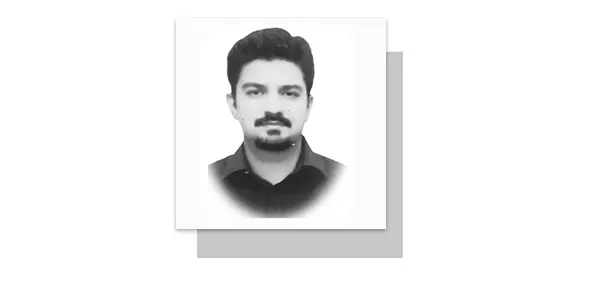IN the intricate tapestry of the Israel-Palestine conflict, Nietzsche’s “Genealogy of Morals” unveils a fascinating perspective on the evolution of morality and power. At its core lies a paradox – the oppressed have, in some instances, transitioned into the oppressors. This shift in power dynamics reflects Nietzsche’s concept of master-slave morality, raising pertinent questions about the morality of the powerful and the resentment of the oppressed.
Central to this discourse is the distinction between Judaism, an ancient religion grounded in strict moral principles, and Zionism, a political ideology advocating for a Jewish homeland. The ideological chasm between these two entities illuminates the conflict’s complexity. Secular Zionism, driven by political ambitions, has often found itself entangled with religious sentiments, blurring the lines between faith and power struggle.
Theodor Herzl the founder of this political movement, was an atheist himself. The Zionist movement of Europe hijacked the idea of a separate state for Jewish people. According to Rabbi Elhenan Beck of Neturei Karta, an Anti-Zionist Jewish movement, the Jews were prophesized to survive as Diaspora around the world, but the creation of the state of Israel, goes against the prophesies. The Jews can only enter the holy land after the appearance of their Messiah.
Critically examining this entanglement reveals a strategy: the potential use of Judaism as a shield in the political arena. The intertwining of religion and politics becomes evident as certain factions within the conflict employ religious sentiments to garner support and deflect criticism. This calculated move introduces a moral quandary – the exploitation of faith for political ends, blurring the distinction between genuine religious beliefs and strategic manoeuvres.
Furthermore, the concept of ‘ressentiment,’ as expounded by Nietzsche, comes into play. Global resentment, fuelled by historical injustices and power imbalances, adds a layer of complexity to the conflict. This resentment, brewing for generations, has shaped the attitudes and actions of those involved, contributing to a cycle of bitterness and hostility.
In this context, the Israel-Palestine conflict becomes a testament to Nietzsche’s theories on morality, power, and resentment. The struggle for dominance, coupled with the manipulation of religious beliefs, paints a multifaceted picture of human behaviour. As the conflict persists, understanding these nuances is crucial. It prompts us to reflect not only on the historical context but also on the intricate interplay between morality, power, and the intricate threads of global resentment in our complex world. —The writer is Associate Professor of Public Health, Al-Shifa School of Public Health, based in Rawalpindi.
Email: [email protected]










